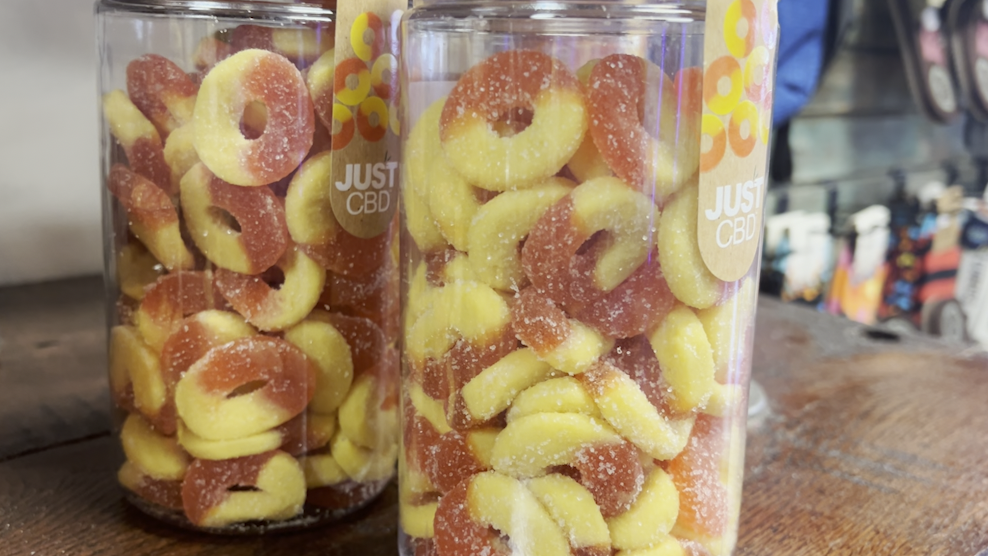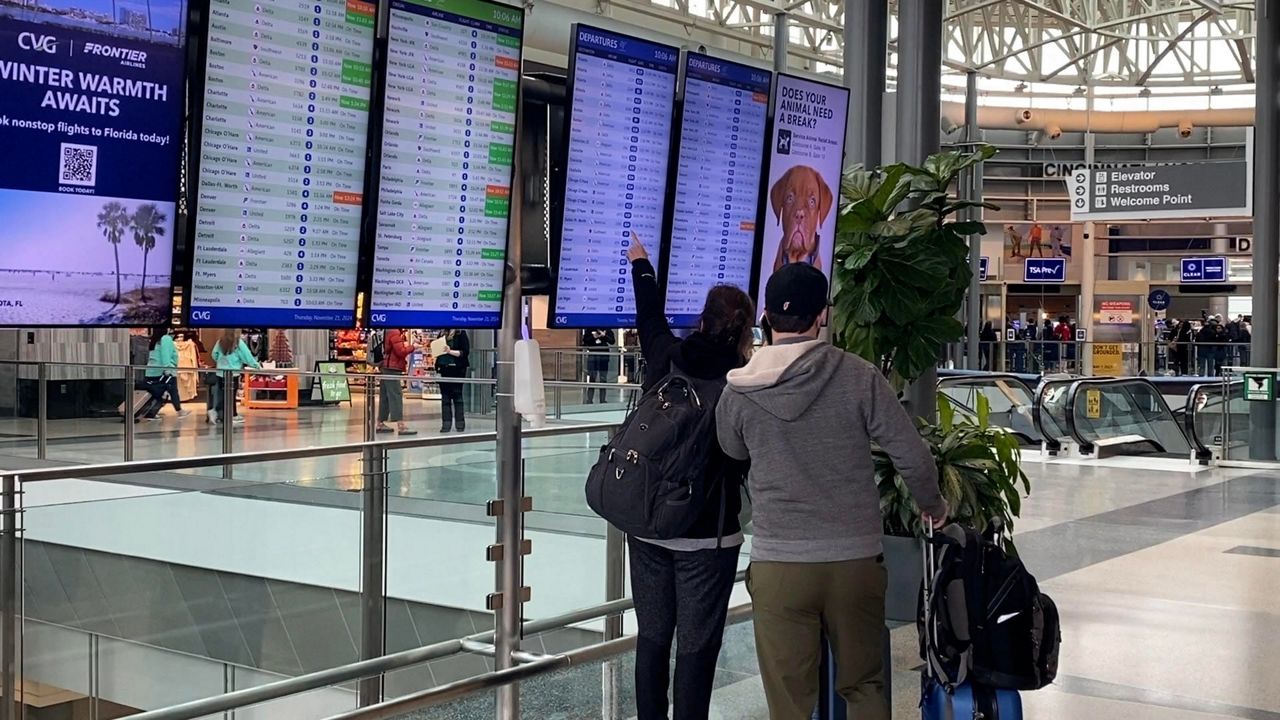Bussiness
Missouri AG accuses multiple business around state of deceptive business practices surrounding sales of Delta-8 – ABC17NEWS

COLUMBIA, Mo (KMIZ)
Missouri Attorney General Andrew Bailey on Wednesday issued civil investigative demands into four Missouri businesses.
Three of the businesses were accused of using deceptive businesses practices to sell Delta-8 products.
Delta-8 is a chemical compound found in cannabis plants. Consumers can get high from Delta-8, but the effects are not as strong as its Delta-9 THC counterpart, which is found in marijuana. It became legal in Missouri after the state passed House Bill 2034 in 2018. Missouri is currently one of 26 states where Delta-8 is unregulated. Since Delta-8 THC is sourced from hemp and not marijuana, it is legal and unregulated at the federal level.
However, Delta-8 is illegal in 17 states and restricted in seven states. Despite the lack of regulations in Missouri, Bailey is looking into whether Smoke Smart LLC in Wentzville; American Shaman Manufacturing, Inc. in Kansas City; and CBD Kratom Connect LLC in St. Louis engaged in illegal means to market and sell these products to Missourians.
Bailey cited the health risks that Delta-8 posed to children and in a press release cited a St. Louis Post-Dispatch article that detailed a child getting sick from the product. The product — according to the release — was packaged as “Nerds Rope Bites and Mad Monkey Sour Strawberry Premium Gummies.”
Many Delta-8 edibles take the form of gummies that can easily be confused with candy. Data from the National Poison Data System shows that calls to poison control centers about youth 5 and under eating edibles containing THC, an ingredient found in marijuana and delta-8, rose from 207 in 2017 to 3,054 in 2021.
In the state of Missouri, there are currently no legal age restrictions to buy Delta-8. Many local dispensaries and gas stations that sell delta-8 have taken it upon themselves to impose age restrictions.
Last April, state Rep. Kurtis Gregory (R-Marshall) introduced a House Bill 1328, that would force the Missouri Department of Health and Senior Services to regulate these products. The bill would also limit all delta-8 sales to dispensaries with a DHSS license. The bill died in committee. However, Missouri lawmakers are currently pushing to pass the “Intoxicating Cannabinoid Control Act” which would classify and regulate intoxicating cannabinoid products as marijuana.
While regulating these products seems like a simple fix it could also affect small businesses across the state. Missouri law allows for 338 licenses to sell, grow and process marijuana. These licenses are hard to get because of the high volume of applicants. Those looking to get into the lucrative cannabis industry but don’t have a license rely on hemp-derived THC products such as Delt-8.
Last year, Kevin Halderman — owner of Hemp Hemp Hooray and is a Missouri Hemp Trade Association representative — claimed increased regulations could kill thousands of businesses.
“It would effectively put me out of business to remove these cannabinoids from my shelf along with several other mom-and-pop stores. I’ve been working in this industry for over five years, we do a lot of our own testing on products and ensure quality of product,” Halderman told ABC 17 News last April. “It’s not a regulation, it’s actually a prohibition of our industry. Effectively what they will do with our hemp-defined cannabinoids that are federally legal, is they will redefine those in Missouri as marijuana. That redefinition of those products will remove them from our shelves.”
ABC 17 News reached out to the AG’s office asking how marketing products that look like they are aimed toward children is violating the Missouri Merchandising Practices Act. The office responded by saying they could not comment beyond what is written in the CIDs because the investigations are ongoing.
The CIDs state that the businesses used “deception, fraud, false promise, misrepresentation, unfair practices, and/or the concealment, suppression, or omission of material facts in connection with the sale or advertisement of CBD, Delta-8, and Delta-9 THC products.”
An employee for Hemp Hemp Horray told ABC 17 News on Friday that some states like Minnesota make it illegal to have cartoons and characters on Delta-8 products. She added while the store tries to make their packaging clear that they are THC products, there is only so much they can do to differentiate them from regular candy.
Check back for updates.








